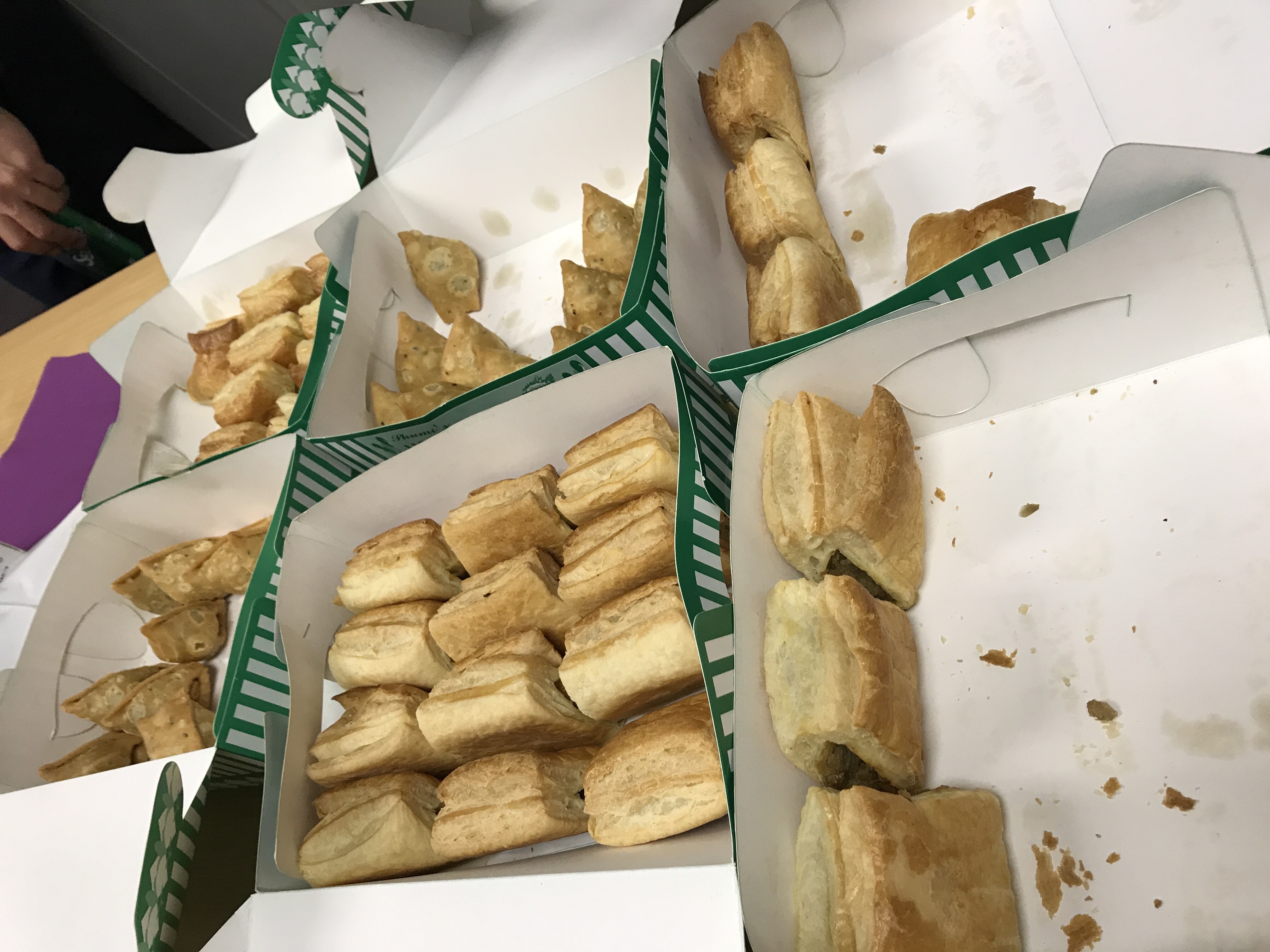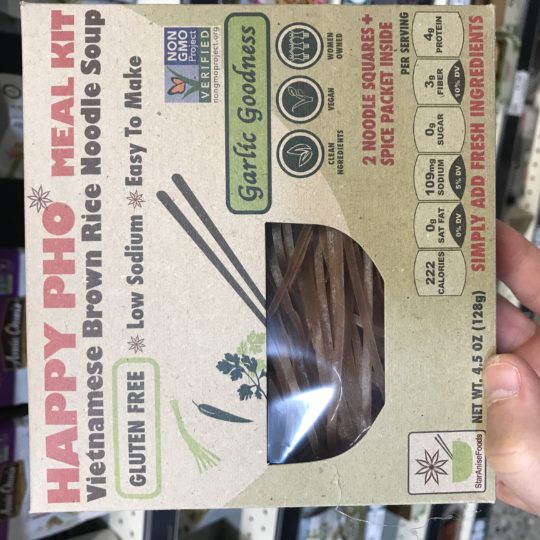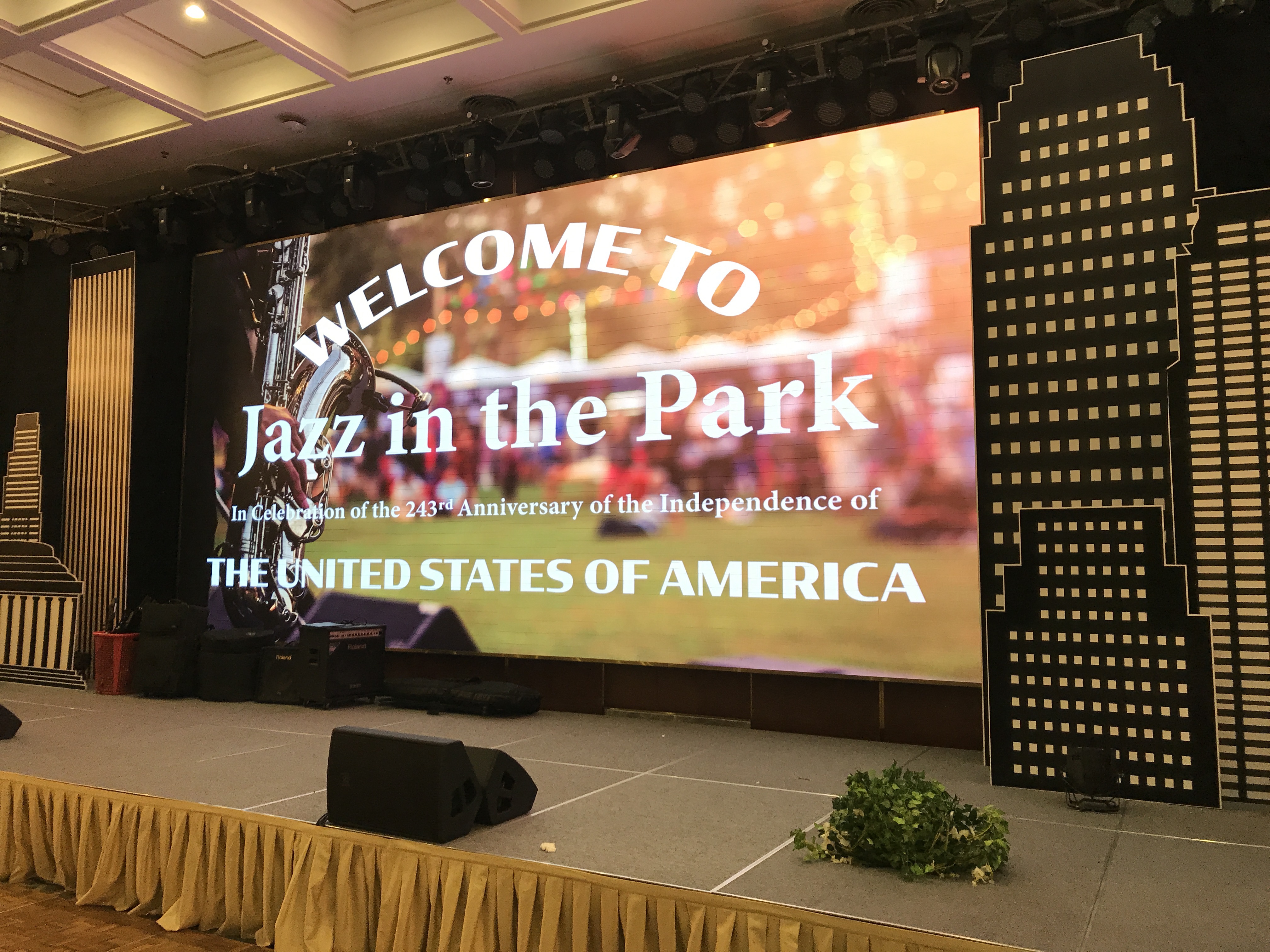Snap Crackle Pop?
Who needs crispies, when one can have bubbles?!

Who needs crispies, when one can have bubbles?!

Idiot Boy didn’t plan ahead and bring his tuxedo in his check-in luggage. It is either in a warehouse somewhere in the United States, or on a boat somewhere between America and Bangladesh. If Idiot Boy wants to be dressed appropriately for the Marine Ball, he needs a new tuxedo. Luckily, tailors are plentiful in Dhaka.
I visited the office of the “CLO” (community liaison officer) in the Embassy to ask for some recommendations. As luck would have it, another LE staff member, who is a clothing snob expert, happened to have been in the office at the time. He helpfully gave me a list of several tailors, along with a rolling commentary about which tailor was the equivalent of what French and Italian label. Of course, Idiot Boy is also Philistine Boy. I know which side of my pants is front and which is back, I (usually) remember to zip up my fly before leaving the house, and I know not to put both socks on the same foot, and that’s the extent of my haberdashery knowledge.
So I did what any resourceful and responsible person would do: I chose the first name on the list: K.L. Sweden (spoiler alert: he is NOT Swedish).

Stairway to the tailor shop. The name of the shop is helpfully printed on Every Single Step.
I don’t speak Bangla, but luckily for me, most shopkeepers have at least functional, if very heavily accented, English. I walked into the shop and announced my presence. “I called yesterday to come in for an appointment. I need a new tuxedo.”

I was not prepared for the question that they posed. “What is the purpose of the tuxedo?” The shopkeeper asked me.
How many purposes do tuxedos have?, I wondered to myself. In my experience, tuxedos are for prom, weddings, Marine Ball, and spycraft (if your name is James Bond). That’s it. I’m too too old for prom, already married, and God knows I’m not James Bond. That narrows it down quite a bit.
I didn’t know how to answer that question, and told him: “it’s a tuxedo,” like that was self-explanatory enough. Which, to my pea-sized brain, it is. I mentally encouraged him to evaluate me and confirm for himself that I am much too old for prom, and am clearly not James Bond.
Maybe it worked, but probably he took pity on my ignorance, and told me to sit and wait while he Made Some Phone Calls.
A few minutes later Imran came in. He was much less suspicious of my intentions, and got me measured and fitted. Imran doesn’t care what the purpose of my tuxedo is, apparently. I can pick up my new tux next week.

If only I can determine the purpose of the tuxedo.
Two weeks into my two-year tour. The work is familiar enough. The basics of Consular work don’t change much from country to country. And the Locally-Engaged staff are helping me get up to speed on the local peculiarities. I interviewed visa applicants the other day, and it wasn’t difficult at all. Other than the fact that I don’t speak Bangla, and many Bangladeshi people don’t speak any English. The local staff helped me out with translating.
Life in Dhaka is both similar and different from other countries that I’ve lived in. It’s a big city with a lot of people who make a lot of noise and a lot of trash. But Dhaka has some additional complexity. Because of security concerns, our movement is restricted. We can’t walk on the street after dark, for example. I wasn’t planning to buy a car, for a couple of reasons. I managed my first two tours without having a car. More seriously, they drive on the wrong left side of the street here. I wasn’t sure that my brain could make that transition. But we can’t take taxis or other public transportation. My transportation options are limited here in Dhaka. So I will probably have to bite the bullet and buy a car.

I was right that we aren’t allowed to ride in these taxis. They are essentially cages, which makes them hard to escape from in case someone tries to kidnap up. I’m both relieved and disappointed at the same time.
I spent my weekends walking around the city to get a feel for the society. I live in the “diplomatic enclave,” where there are a lot of rich people. Nevertheless, we get a full cross-section of society here. There are a lot of people with money here sure, but grinding poverty is never more than a block away.

Breakfast in an upscale eatery in town. Yes, that’s an avocado smoothie!! 🙂
A LE staff member told me that this area is where the 1% live. And yet:

An empty lot between some upscale stores.

Big piles of garbage on the banks of the lake. Sad and yucky.
I’m enjoying the local color. Just like everywhere else in the world, people here are just living their lives. They say that outside the city, people are quite surprised to see a foreigner, and they stare a lot. In this neighborhood, Though, foreign faces are more common, and I rarely rate a second glance here.

Just another citizen going about her business.

Workers preparing to continue work on renovating a building (I think).

He offered to sell me a pack of smokes when I walked past his little stand.
Except this guy. I think he knew that I was surreptitiously photographing him, and he snarled something at me that sounded less than friendly:

I think I will call him “Snarly Charlie.”
Oh, well, can’t win them all. Most other people have either ignore me, or smile at me. Maybe he was just having a bad day.
Yesterday was the birthday of one of the locally-engaged staff in the section. We had a small celebration. “Happy Birthday” was sung in English, not Bangla, to my disappointment, but the birthday treats were very nice.
Of course, we had a cake:

But we also had some savory local snacks. One is like a samosa, and the other was a meat-filled pastry. Very yummy.

The treats came from a friend of the Embassy staff, a housewife started selling her homemade snacks, and it grew into a business (“Shumi’s Hot Cake”) with several branches around the city.

A house hold name in Celebration Cakes
I told the LES that I was interested in trying the local foods. They took me at my word, encouraging me to try the treats, and explaining what was in them. I’ve said it before, interacting with LES might be the best part of this job. They are very sweet and welcoming.
One of them also told me that Dhaka is known as a “ten pound post.” Standing on the bathroom scale this morning, I realized that she was right. The food is really good in Bangladesh, so I will have to hit the gym a LOT if I want to maintain my waistline here…
The Dhaka municipal authorities have chosen to decorate one of its water towers in a creative way.



Greeting, Earthlings!
I’ve arrived in Dhaka, Bangladesh. Someone described the country as “wild.” That’s a pretty accurate word. The people are great, the traffic is unbelievable, the city is a mixture of rich colors, dirt, sounds and smells (some not too good), smiles, and energy.
And bad English everywhere. As a former English teacher and lifelong language learner, I love to see the earnest attempts by people around the world at using the mess that is the English language.
Here’s a little taste. Much, much more to come over the next two years!

Identifry yourself!
This “home leave” is over. Today I leave for my “onward post” in Dhaka, Bangladesh. I left Vietnam in July, more than two months ago. After a few good training courses in DC, and some quality time with family, I feel re-energized and ready for the next challenge.

The Department requires us to stay in America at least 20 days between posts, so that we can get re-acquainted with America. I suspect that this requirement was more meaningful before the Internet allowed us to keep in touch with the news and with family back home so easily. Home leave is a real hardship for officers who don’t have a permanent house in the U.S., especially for people with big families. Either they have to impose on relatives, or else spend a fortune on a short-term rental. “Hemorrhaging money” is a common phrase on our Facebook group.
I wasn’t able to do as much as I wanted this time, unfortunately, but we did get to do some traveling. A cross-country train trip on Amtrak showed us some really beautiful parts of the country.


And of course we really enjoyed Michigan’s summer weather.

Look closely. See the deer? Bonus points if you see more than one.
All good things must come to a end. Today I’m on an airplane to my next post. This time, I’m really putting myself out of my comfort zone. I know almost nothing about Bangladesh, I don’t speak Bengali, and I’m going to be in a supervisory position for the first time in my State Department career. All of that means that I will make a fool out of myself and get myself into ridiculous situations even more than in my previous tours.
Buckle up, it’s going to be a bumpy ride!
It looks like Vietnamese food is getting more popular in mainstream America, and unfortunately for Vietnamese food, the food companies are starting to make convenience versions of it.




I worked hard to learn Vietnamese. I never got as good as I wanted to get, but I got pretty good. My wife and I were at the Foreign Service Institute for almost a year, most of that time in Vietnamese class. For five hours a day we were in small-group classes. Then, hours of homework and self-study after that. I didn’t have to take it quite as seriously. But I’m an overachiever. I filled up four (FOUR!) notebooks with vocabulary words. I made dozens of flash card stacks with Quizlet (highly recommended for language learning, BTW). I did my best.
After arriving at post, I continued to study, four hours a week with a private tutor (thank you, Post Language Program!  Xin chà o Cô Tươi!). She patiently endured my over-analyzing her language, poor her.

“Arguing†with my language teacher twice a week was a highlight of my time in Vietnam.
I tested again in March, late in the evening over the Department’s video conference system (after getting an MRI that morning, but that’s a different story). Again, I didn’t score as high as I wanted, but I improved.
I asked the local staff in the office to help me practice Vietnamese. They were good sports, including me in their banter (the Vietnamese people are very good at banter, by the way). I followed most of it, and it got easier as I practiced.

I worked with some of the sweetest and nicest people. My favorite quote from one of my Vietnamese coworkers: “Hey, I just realized, I haven’t gotten mad at you yet!â€
I invested a lot of sweat and effort in learning the language. I read several books, hundreds of newspaper articles, struggled though countless hours of television (television news in Vietnamese is really, really hard). I started talking to myself in Vietnamese, dreamed in Vietnamese, even accidentally used Vietnamese instead of Chinese with my wife. The language finally got a firm foothold in my brain. But now that my tour is over and I’ve left Vietnam, what am I supposed to do with this language?

I have to confess that I gave these quotes in English and the reporter translated them into Vietnamese. But I can easily read it and verify that she quoted me accurately.
Of course, we can try to go back to Vietnam for another tour of duty.  My wife and I have talked about it, and we both agree that another tour in Vietnam would be great.  Hanoi would be an interesting place to live and work.  So that would give me another chance to use Vietnamese professionally.  But that is at least two years in the future.  In the meantime, I have this head full of Vietnamese, some of it correct and accurate.  It might fade in two years, but it’s so firmly entrenched in my brain now that it won’t go away.
It’s a different situation from Chinese. Not being in a Chinese-speaking work environment isn’t weird for me.  I’ve been a Chinese speaker for more than half my life, and it’s our home language.  But I only spoke Vietnamese in the office and on the street.  Now that I’m out of a Vietnamese environment, I feel like I’m neglecting my language proficiency. I don’t regret the investment that it took to learn Vietnamese. But not using it anymore seems like a waste.
Don’t be me wrong, I’m not complaining. I’m grateful for the opportunity to learn another language. It’s just a little frustrating that I won’t be able to use it professionally for several years. After putting so much work into learning, I don’t want it to fade away.
I can finally share this Vietnam memory now. Enough time has passed that I can reflect on this particular evening without getting too emotional. But first, some context:
Taipei in the late 1980s was a lot less modern than it is today. Traffic was terrible, and public transportation was a network of busses that competed with cars and motorcycles. I lived pretty far from work at the time, and so my daily commute was boring.
Thank heavens for my Sony Walkman. I listened to a lot of radio on the bus.
The morning guy on Taiwan’s English-language radio station, ICRT, was entertaining. If I timed my commute right, his morning show typically wrapped up around the time I got to work. Lan Roberts always ended his show with Glen Miller’s “Moonlight Serenade.”
Being a twenty-something snot-nosed philistine, of course I didn’t know the name of the song. But I quickly associated the music with a formative period of my life. I have sweet memories my early career in Taipei. I met my wife during this time, so it was a romantic time for me as well. Needless to say, that song triggers nostalgia and powerful emotions for me.
But what does that have to do with Vietnam?
Every U.S. Embassy and Consulate around the world marks July 4 with a big party, or as we call it in diplomat-speak, a “representational event.” This is the day that we recognize our counterparts in the local government, and our contacts in the business community and civil society organizations. It’s a party for them, and a big work event for us. We call it an “all hands” event: everyone is expected to contribute.
The theme of our Consulate’s July 4th party this year was: “Jazz in the Park.”

The Consul General knows that I love jazz, so I was “voluntold” to coordinate the “program.” My job was to plan the ceremony, find someone to write the speeches, and arrange the entertainment. Last year’s theme was “State Fair,” and the entertainment part could be a lot simpler, because we had games and activities on the floor to keep the guests entertained during the event. This year the focus was different. Since the theme was jazz, the music was the main thing. I had to find enough jazz to fill the program.
The planning committee got excited when we started talking about the program, and thanks especially to inspiration from J in the Econ section, “we” (I) decided to go big. “We” (I) might have gotten a little carried away. “Wouldn’t it be cool if…” turned into: “How can we make that happen?”
“Wouldn’t it be cool to have a small acoustic trio playing near the registration desk, to give people a taste of jazz?”
“And have a small trio in the ballroom to provide atmosphere before the ceremony starts?”

The Consulate’s medical doctor is a musician on the side, and he plays in the only big band jazz band in Vietnam. “Wouldn’t it be cool if we could get an eighteen-piece band to play for us?”

“There’s a swing dance group in town. Wouldn’t it be cool if they performed?”

“Wouldn’t it be cool if we could get the biggest jazz musician in Vietnam to play one big number right before the ceremony started? And get his daughter to play with him? And have wireless microphones so they could walk down around the audience?”

Tran Manh Tuan, the most famous jazz musician in Vietnam, has wanted to work with the Consulate for years. U.S. medical care saved his life several years ago, he was educated in the U.S., and his daughter will go to study there this fall. So he feels a special connection to the United States, and graciously agreed to share his music with us.
After they were done, the Ambassador led a standing ovation.
I sweet-talked a lot of people to perform for us for the insultingly low amount of money that the Consulate could perform for us. I called in some favors, too. But in the end, the event turned out great. The committees for decorations, food, traffic control, all came together.
My part of the evening was front-loaded with the various parts of the ceremony and program. The performances went off smoothly, the singers didn’t forget the words to the national anthems (that happened last year – embarrassing!!), the speeches wee well-received. Once the Big Band started playing, and the socialization/networking part of the evening started, I could relax a bit and enjoy the rest of the program.
Then the band played “Moonlight Serenade.” I was talking with the swing dance band at the time (OK, to be honest, I was taking silly selfies with them).

I think this was two glasses of wine into the event.
When the song started, I got excited and exclaimed that I loved that song. One of the dancers asked if I wanted to dance. Of course I said yes. Being a Hoopingarner man, I can’t dance well AT ALL, but I couldn’t pass up the opportunity to dance to a song that was so meaningful to me.

I wasn’t there and then. I was thirty years ago, in a different country, dancing with a different person.
Having actual dancing skills, she led. That was more than fine with me. I think I might have talked with her during the song. But to be honest, during the whole time, I was carried back to my younger days.
Everyone agreed that this year’s event was the best ever. Even the Ambassador said so.
A lot of people worked hard on this event, and we all had to work together. For me, it was more than a successful representational event. We showcased a quintessentially American art form, and had a lot of fun. And of course the evening was especially great because this year I got to spend time with this wonderful person, too!


This was the best July 4 event I’ve ever done. I put a lot of pressure on myself to make the program flow and to integrate the performances in with the rest of the event. The venue was glorious, the decorations were beautiful. I made new memories, and relived old memories. And I got to share my love for jazz with old and new friends. It was an emotional evening for me, and I will never forget it.